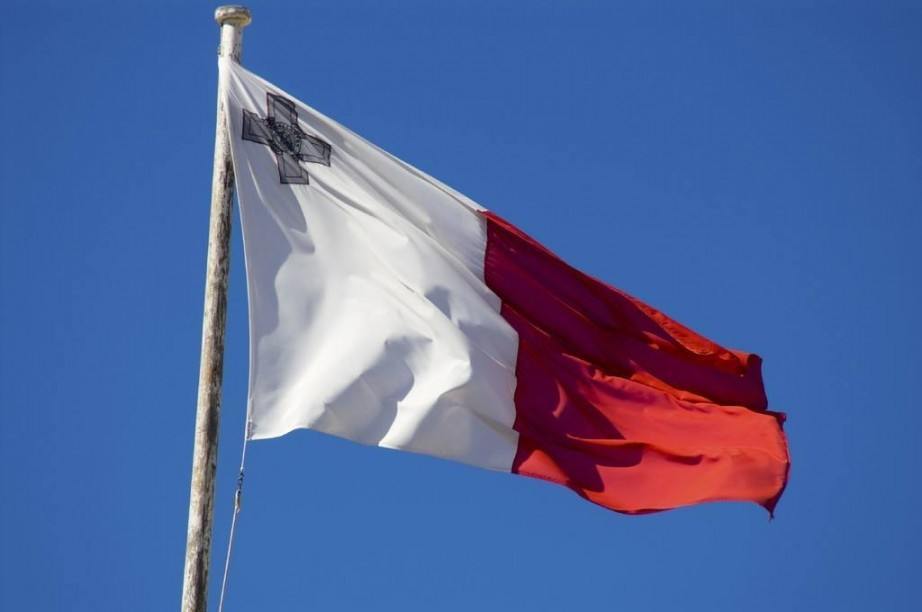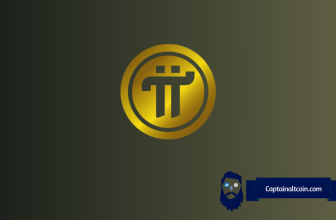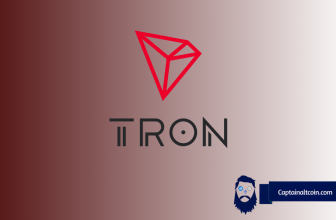
Binance, perhaps the most popular cryptocurrency exchange in the world, will be financially supporting the launch of the world’s first decentralized bank.
The banking institution will be called Founders Bank and will operate in partnership with a fundraising platform called Neufund, which will handle the issuance of the banks “legally binding” equity tokens. The token sale will be conducted under German regulatory supervision with the help of a major European stock exchange, which remains unnamed. Binance has invested 133 million Euros ($155 million USD), acquiring a 5 percent stake it the new company’s total equity, claims a report by Bloomberg. The bank will need to acquire a license from the crypto-friendly Malta regulators in order to officially initiate banking activities.
As Malta is a member of the European Union, there could be complications along the way of acquiring the license. If and when the license is acquired, the promoters of the project suggest it will become the “first decentralized and community-owned bank in the world”.
“We are honored to be chosen as the location of the first global community-owned bank,” said Silvio Schembri, junior minister for financial services, digital economy and innovation within the Office of the Prime Minister of Malta.
The Maltese government has been very accepting of the Binance project ever since it officially moved its operations onto the countries territory. In March, Joseph Muscat – the prime minister of Malta – had only words of praise for this move and expressed his country’s willingness to continue cooperating with crypto related start-ups:
“Welcome to #Malta @binance. We aim to be the global trailblazers in the regulation of blockchain-based businesses and the jurisdiction of quality and choice for world class fintech companies”
Changpeng Zhao, the CEO of Binance, also had positive words about their host nation:
“Malta is the fusion ground for traditional and blockchain finance now. A lot can happen in 3 short months.”
Malta has indeed been passing regulation designed to encourage blockchain businesses to move their dealings into the country. Binance praised their actions, claiming that the bills created a fertile environment for blockchain companies and cleared the uncertainties surrounding the market for decentralized assets. A potential issue here could be the fact that Malta is a part of the European Union, which has historically been opposed to cryptocurrencies and the “new money”. The EU lawmakers could decide to instruct Malta to toughen their stance on cryptocurrency. More details about this new decentralized bank and the future of crypto in Malta are sure to come in the near future.






